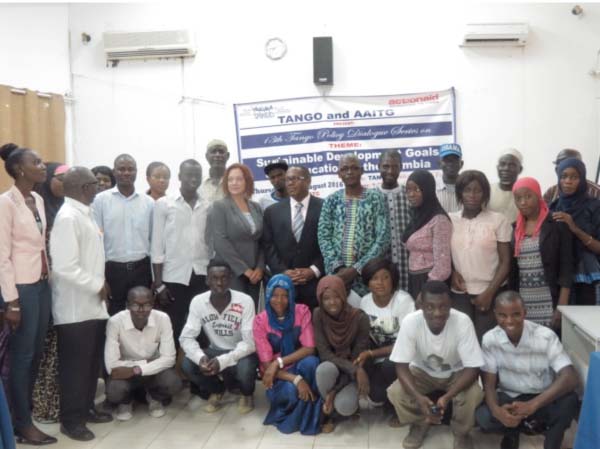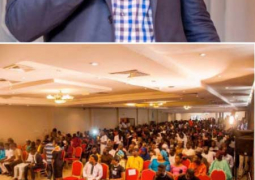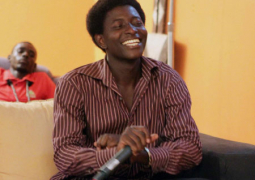
Media
Agenda yesterday wrapped up a two-day training workshop for 30 journalists on
developing messages on voter education.
The
training, held at TANGO conference hall, was part of the US Embassy funded
project which aims at reducing voter apathy among electorates.
Speaking
on the occasion, U.S Embassy Charge d’Aff’aires Marc Shaw said the training was
“very much consistent” with the embassy’s commitment to the promotion of
democratic values.
“It
is our strong conviction that an informed electorate will make informed
decisions at the polls,” he said.
“Experiences from other sub-Saharan African countries show that
pervasive voter apathy was largely due to lack of necessary voter education.”
The
US diplomat said too often, people lose interest in the democratic process
because they feel their vote does not count, or because governments neglect
civic education programmes.
“We
don’t want to see voter apathy take hold in The Gambia, and what better medium
to create an enthusiastic and informed electorate than the media,” Mr Shaw
said.
The
US Embassy Charge d’Affaires said journalists and other members of the media
should be able to freely investigate, research, publish, and share news,
information, and opinions on electoral manners without fear of reprisals.
He
said governments are responsible for protecting journalists from physical harm
and intimidation at all times, but more so during elections.
He
cited President Obama as saying democracy is not just formal elections when
journalists are put behind bars for doing their jobs, or activists are
threatened as governments crack down on civil society; then you may have
democracy in name, but not in substance.
Madi
M.K. Ceesay, director of Media Agenda, said voter education messages can
motivate citizens to participate in elections.
He
said through voter education, individual will learn that their participation in
elections establishes representative government and ensures accountability by
those who are elected.
Mr
Ceesay said in the voter education process, it is not enough to merely
concentrate on roles and responsibilities, but educators must also consider the
rights to a free and fair election.
“Voters
need to be made aware that each individual vote has weight in determining the
rights that they have over the elected party or representative once the
election has been won or lost,” he said.
“If
a representative relationship cannot be formed between citizens and elected
officials, citizens may begin to feel that their vote does not, in fact, count
for much.”
Read Other Articles In Article (Archive)
NEA commended for sensitizing local women on food processing
Sep 2, 2014, 9:19 AM



